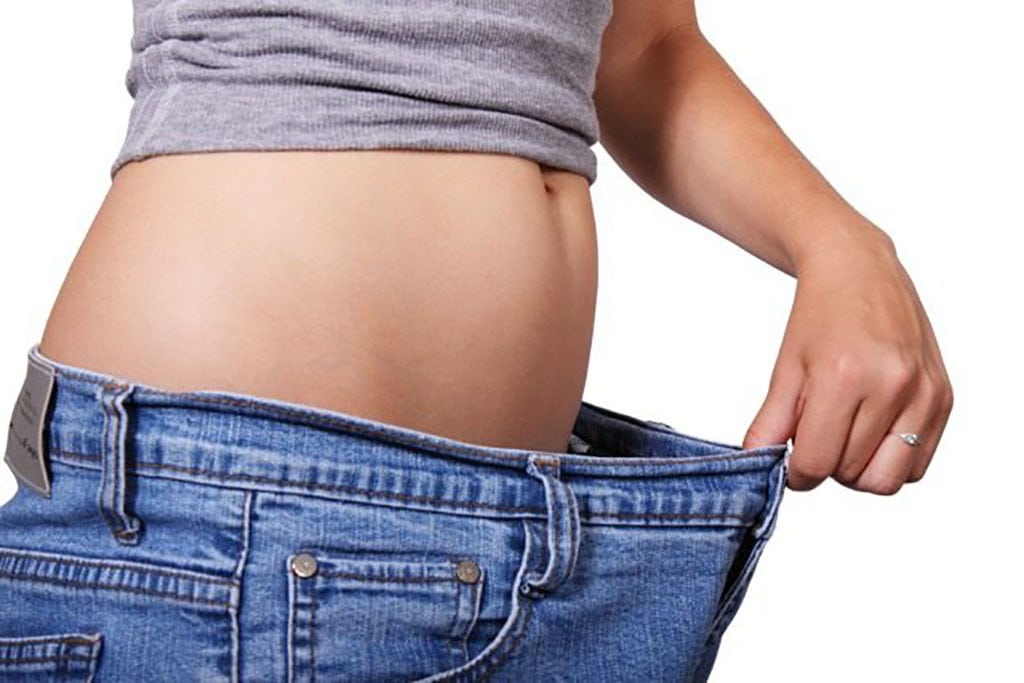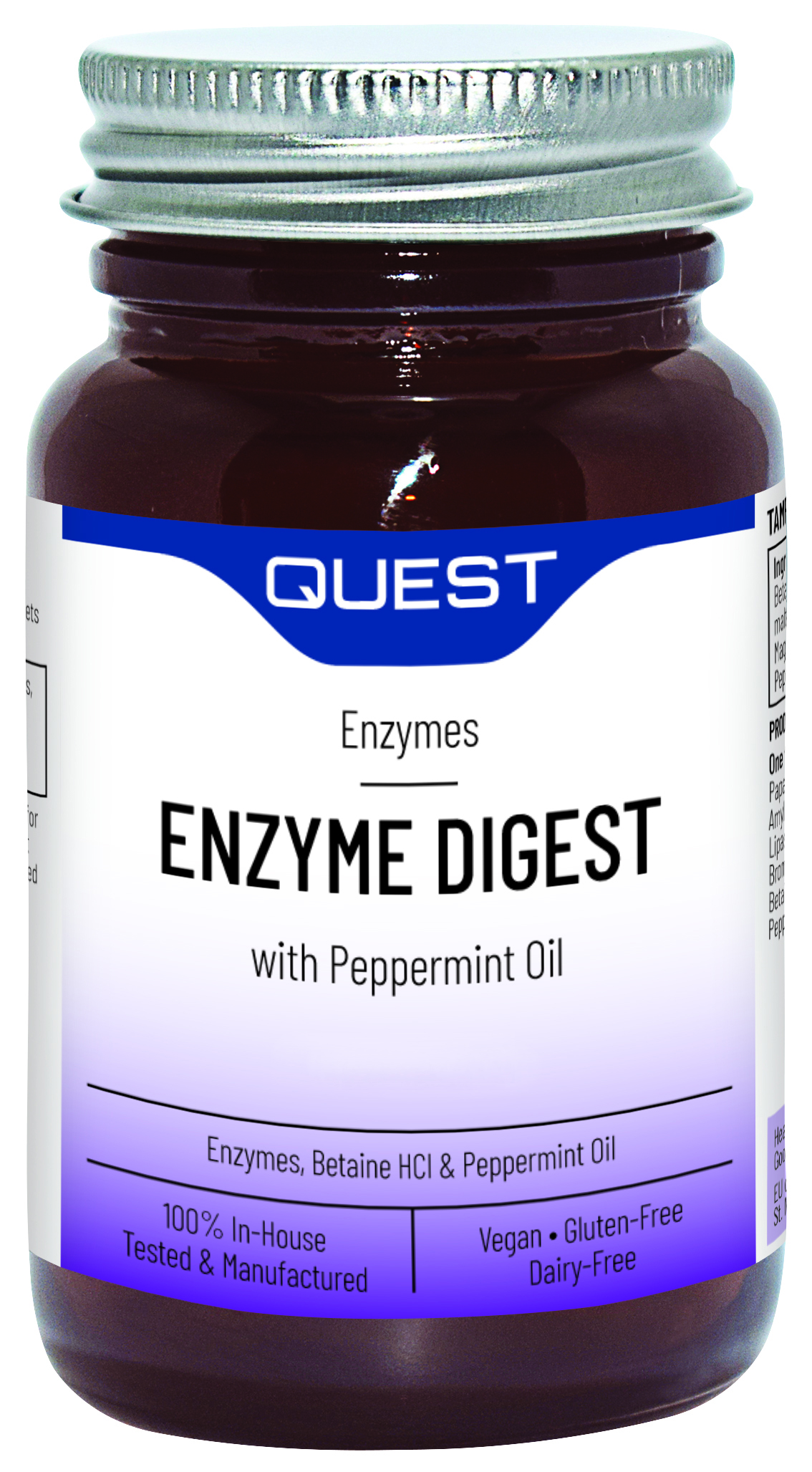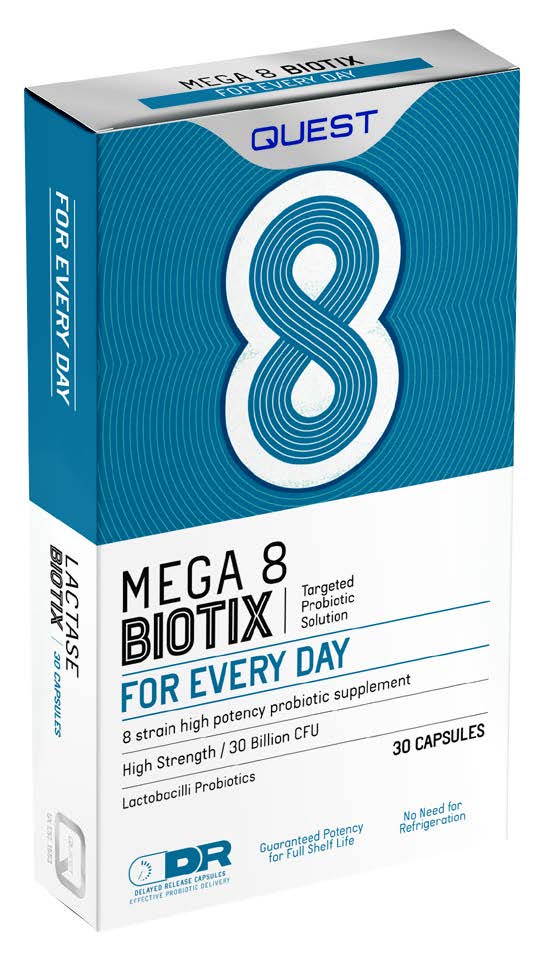Get back to flat: 12 do’s and dont’s to deflate your tummy
Belly sticking out? Don’t worry – we put together our top tips on how to de-bloat your tummy:
Limit cruciferous vegetables on your plate. Broccoli, cauliflower and cabbage may cause bloating and excess wind. For some people these vegetables are not digested completely in the small intestines, sometimes due to a lack of enzymes. It means, that when they reach the large intestines, bacteria in that part of the gut can cause gas and bloating when breaking down those foods.
Stone fruits like plums are packed with sugar alcohols, which can ferment causing bloating and gas.
Cut down on diary. Some people don’t produce the enzyme lactase, which helps them break down lactose, a sugar found in milk. You need this enzyme in your body otherwise lactose ferments in the gut causing pain, gas and bloating. Try taking our Enzyme Digest to promote digestive ease and comfort.
Say no to croissants, cookies and pasta. Refined carbohydrates will have a higher glycemic index (GI) than unrefined carbs so they are broken down into glucose (sugar) more quickly which can cause bloating and gas. They can also often contain wheat, which can be a problem for people with IBS symptoms.
Limit spices. Some spicy foods can stimulate the release of stomach acid, which can cause irritation and others can ferment in the digestive system causing bloating.
Limit pulses. Certain foods such as beans, pulses and root vegetables are notorious for causing bloating and wind. Although these foods are good for you and are low in fat, try choosing salad vegetables such as salad leaves and tomatoes, which will not make you bloat.
Always chew food thoroughly. Try to chew each mouthful until the food is liquid – not only will this help to ensure that the food is properly digested, but it will also help you to eat slower.
Avoid large meals – eat less more often. Eating a large meal increases your feeling of fullness but means you will be more likely to eat more calories over the course of a day. Instead of eating three large meals a day, try four to six smaller meals spread out throughout the day.
Don’t reach for a diet coke. It might be low in calories, but the fizzy bubbles in carbonated diet drinks can cause gas to get trapped in your stomach and will cause bloating. Instead, drink water flavoured with lemon, lime, or cucumber or even a peppermint tea for a soothing beverage that may help reduce bloating. Not only are these great bloat-free alternatives but they will also help you to cleanse your the body.
Don’t chew chewing gum. It might keep your mouth busy and stop you reaching for the biscuit tin but chewing gum can also lead to swallowing air, which can cause bloating. It can also stimulate your digest enzymes causing them to ‘expect’ food, which can then stimulate hunger. If you do have to snack, it’s better to graze on a healthy, high-fiber snack like oatcakes, carrot batons or low fat popcorn.
Watch your salt intake. Never add extra salt to your food – not only is this bad for your heart and your blood pressure but especially for dieters, salt actually increases the amount of water that the body retains and can therefore make you bloated and feel heavier.
Avoid sweetener. Many people suffer from bloating because they consume too much sugar alcohol found in artificially sweetened foods and drinks, so it is important to avoid these sweeteners as much as possible.
Take probiotics. Re-balance ‘good bacteria’ in your gut, support digestion and reduce symptoms of lactose intolerance with prbiotics. Try our Mega 8 Biotix which contains 8 different strains of bacteria.[:eu]
Get back to flat: 12 do’s and dont’s to deflate your tummy
Belly sticking out? Don’t worry – we put together our top tips on how to de-bloat your tummy:
Limit cruciferous vegetables on your plate. Broccoli, cauliflower and cabbage may cause bloating and excess wind. For some people these vegetables are not digested completely in the small intestines, sometimes due to a lack of enzymes. It means, that when they reach the large intestines, bacteria in that part of the gut can cause gas and bloating when breaking down those foods.
Stone fruits like plums are packed with sugar alcohols, which can ferment causing bloating and gas.
Cut down on diary. Some people don’t produce the enzyme lactase, which helps them break down lactose, a sugar found in milk. You need this enzyme in your body otherwise lactose ferments in the gut causing pain, gas and bloating. Try taking our Enzyme Digest to promote digestive ease and comfort.
Say no to croissants, cookies and pasta. Refined carbohydrates will have a higher glycemic index (GI) than unrefined carbs so they are broken down into glucose (sugar) more quickly which can cause bloating and gas. They can also often contain wheat, which can be a problem for people with IBS symptoms.
Limit spices. Some spicy foods can stimulate the release of stomach acid, which can cause irritation and others can ferment in the digestive system causing bloating.
Limit pulses. Certain foods such as beans, pulses and root vegetables are notorious for causing bloating and wind. Although these foods are good for you and are low in fat, try choosing salad vegetables such as salad leaves and tomatoes, which will not make you bloat.
Always chew food thoroughly. Try to chew each mouthful until the food is liquid – not only will this help to ensure that the food is properly digested, but it will also help you to eat slower.
Avoid large meals – eat less more often. Eating a large meal increases your feeling of fullness but means you will be more likely to eat more calories over the course of a day. Instead of eating three large meals a day, try four to six smaller meals spread out throughout the day.
Don’t reach for a diet coke. It might be low in calories, but the fizzy bubbles in carbonated diet drinks can cause gas to get trapped in your stomach and will cause bloating. Instead, drink water flavoured with lemon, lime, or cucumber or even a peppermint tea for a soothing beverage that may help reduce bloating. Not only are these great bloat-free alternatives but they will also help you to cleanse your the body.
Don’t chew chewing gum. It might keep your mouth busy and stop you reaching for the biscuit tin but chewing gum can also lead to swallowing air, which can cause bloating. It can also stimulate your digest enzymes causing them to ‘expect’ food, which can then stimulate hunger. If you do have to snack, it’s better to graze on a healthy, high-fiber snack like oatcakes, carrot batons or low fat popcorn.
Watch your salt intake. Never add extra salt to your food – not only is this bad for your heart and your blood pressure but especially for dieters, salt actually increases the amount of water that the body retains and can therefore make you bloated and feel heavier.
Avoid sweetener. Many people suffer from bloating because they consume too much sugar alcohol found in artificially sweetened foods and drinks, so it is important to avoid these sweeteners as much as possible.
Take probiotics. Re-balance ‘good bacteria’ in your gut, support digestion and reduce symptoms of lactose intolerance with prbiotics. Try our Mega 8 Biotix which contains 8 different strains of bacteria.



